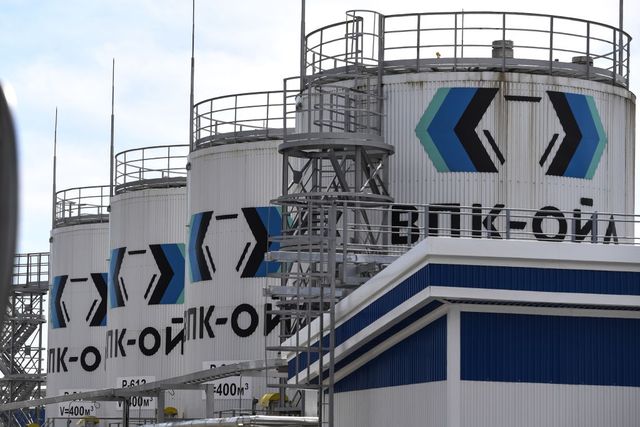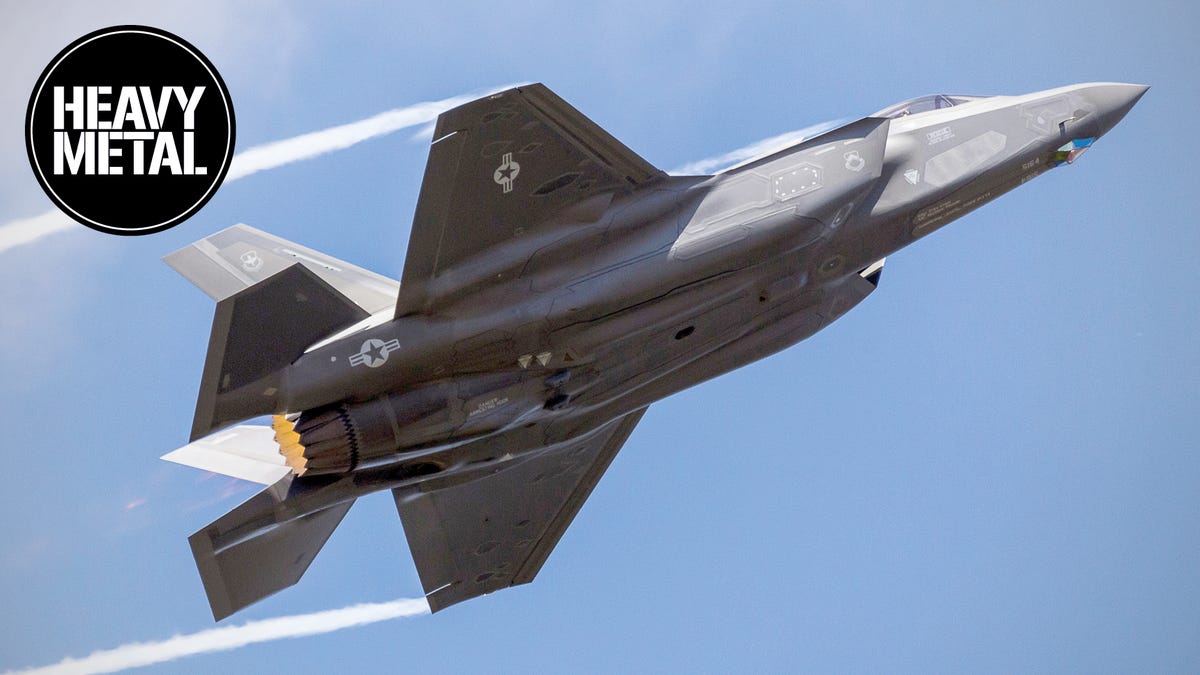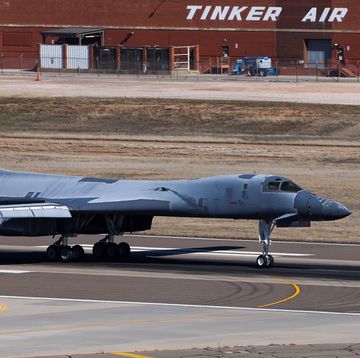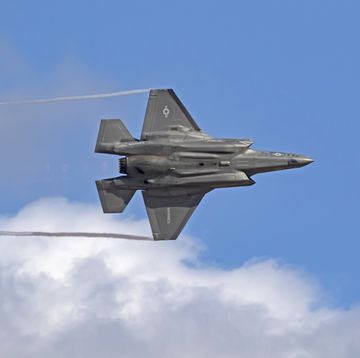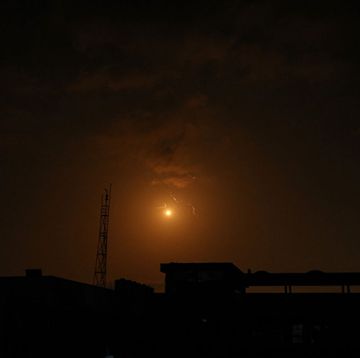According to the New York Times, the U.S. has begun hacking Russia's electrical grid. Targeting the country's infrastructure is meant to be a demonstration of strength, the Times reports, and a pushback against Russian interference in the 2016 election.
“It has gotten far, far more aggressive over the past year,” one anonymous senior tells the Times, while declining to name specifics. “We are doing things at a scale that we never contemplated a few years ago.”
Updated reports from the Times say it is "unclear" how deeply the U.S. has infiltrated the Russian system, while the country's Energy Ministry says that it has not received any information about any such attacks.
“The Russian energy power grid has a high level of security,” the ministry told the Times, saying that many critically important facilities are connected to the state defense system. “Systemic and successful work is being carried out to use Russian technology and equipment to eliminate such risks.”
President Trump denied the attacks as well, calling the accusations in a tweet, "NOT TRUE! Anything goes with our Corrupt News Media today. They will do, or say, whatever it takes, with not even the slightest thought of consequence! These are true cowards and without doubt, THE ENEMY OF THE PEOPLE!"
U.S. law dictates that cyber attacks are akin to traditional land, air, or sea attacks, and thus on an action-by-action level would not require direct approval from the Commander in Chief. The attack was overseen by U.S. Cyber Command, according to the Times.
While there has been no confirmation of the extent of the attacks, they would match the words of several U.S. officials who have spoken about the need for retribution against Russian hacking. President Trump's national security advisor, John Bolton, said in a public statement that the U.S. was looking at potential digital targets "to say to Russia, or anybody else that’s engaged in cyberoperations against us, 'You will pay a price.'"
It's impossible to tell what the U.S. has done within Russia, or if the Russian government will continue forward in a response. It wouldn't be the first time the Russian energy structure has been compromised in recent years.
In 2017, amidst a global cyberattack that saw its first victims in nearby Ukraine, the Russian oil company Rosneft was victim. While governments around the world and independent journalists have blamed Russia for the 2017 attacks, the government has denied the charges, citing the paralysis of Rosneft. Critics say the attacks might have simply spun out of Russian control once they began spreading.
David Grossman is a staff writer for PopularMechanics.com. He's previously written for The Verge, Rolling Stone, The New Republic and several other publications. He's based out of Brooklyn.
